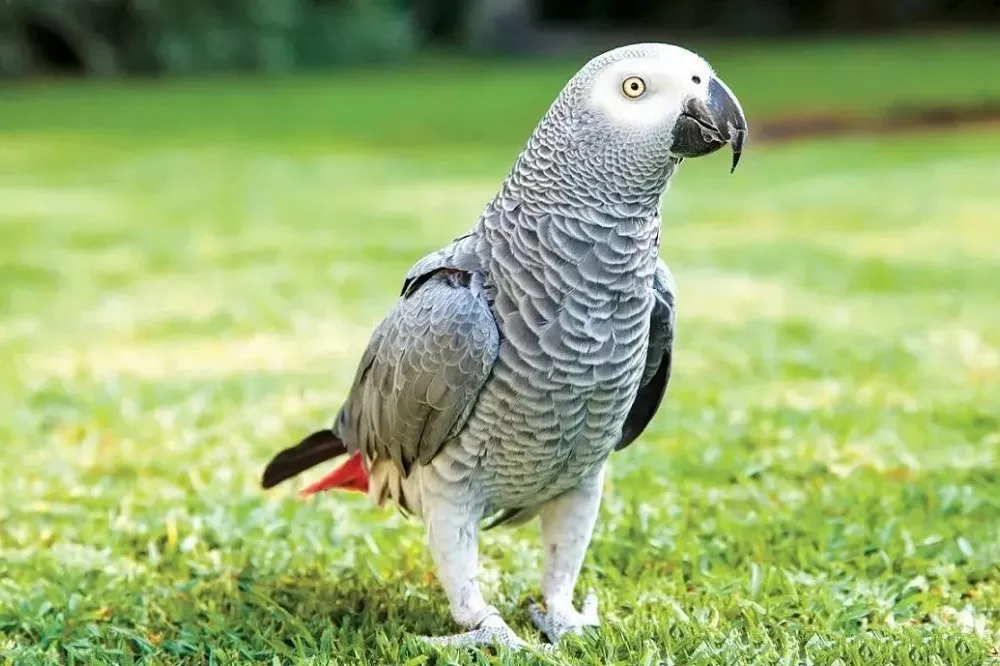African grey parrots are highly intelligent and affectionate birds that make great pets. However, they can also be prone to biting, which can be a problem for both the bird and their owner. If you have an African grey parrot that has developed a biting habit, don’t worry. With patience, consistency, and positive reinforcement, you can train your parrot not to bite. Here are some tips to get you started.
- Understand why your parrot is biting.
African grey parrots may bite for a variety of reasons, including fear, territoriality, boredom, or frustration. Understanding the reason behind the biting can help you address the problem effectively. For example, if your parrot is biting out of fear, you may need to work on building their trust and confidence around people or new situations.
- Use positive reinforcement.
Positive reinforcement is a key component of effective parrot training. When your parrot exhibits good behavior, such as not biting, reward them with a treat or praise. Positive reinforcement encourages your parrot to repeat the behavior that earned them the reward, which can help them learn to associate good behavior with positive outcomes.
- Start with basic training.
Before you can tackle the biting behavior, your parrot needs to understand basic commands, such as “step up” and “step down.” Start with these basic commands and use positive reinforcement to reward your parrot when they comply. Once your parrot has mastered these commands, you can move on to more advanced training.
- Use a “no” command.
When your parrot does bite, it’s important to use a firm “no” command to let them know that their behavior is not acceptable. Be consistent in using this command whenever your parrot bites, and avoid yelling or punishing your parrot, as this can make them more fearful and aggressive.
- Provide plenty of stimulation.
Boredom and frustration can also contribute to biting behavior in parrots. Make sure your parrot has plenty of toys and activities to keep them entertained, and spend time interacting with them every day. This can help prevent boredom and frustration, which can in turn reduce biting behavior.
- Be patient and consistent.
Training your parrot not to bite is a process that takes time and patience. It’s important to be consistent in your training and to avoid getting frustrated or giving up. With patience and persistence, you can help your parrot learn good behavior and reduce biting.
In conclusion, training an African grey parrot not to bite requires patience, consistency, and positive reinforcement. Understanding why your parrot is biting, using positive reinforcement, providing plenty of stimulation, and being patient and consistent can all help you achieve success in training your parrot not to bite. With time and effort, you can enjoy a strong bond with your parrot, free from biting and other unwanted behaviors.


 Facebook
Facebook  Instagram
Instagram  Youtube
Youtube 